Unifrutti’s product standards are nothing but excellence. To guarantee customers the product they deserve, the Group has always considered the highest quality of fruit as its average product level. Being committed to offering the best quality fresh fruit every day, in any season, means following the strictest global guidelines and reaching the highest efficiency in production. Regardless of the season or the production location, Unifrutti applies the same rules and the same supply chain controls, in order to produce in the most efficient and sustainable way, respecting workers and the environment. Because quality to us also means providing a better quality of life to everyone.
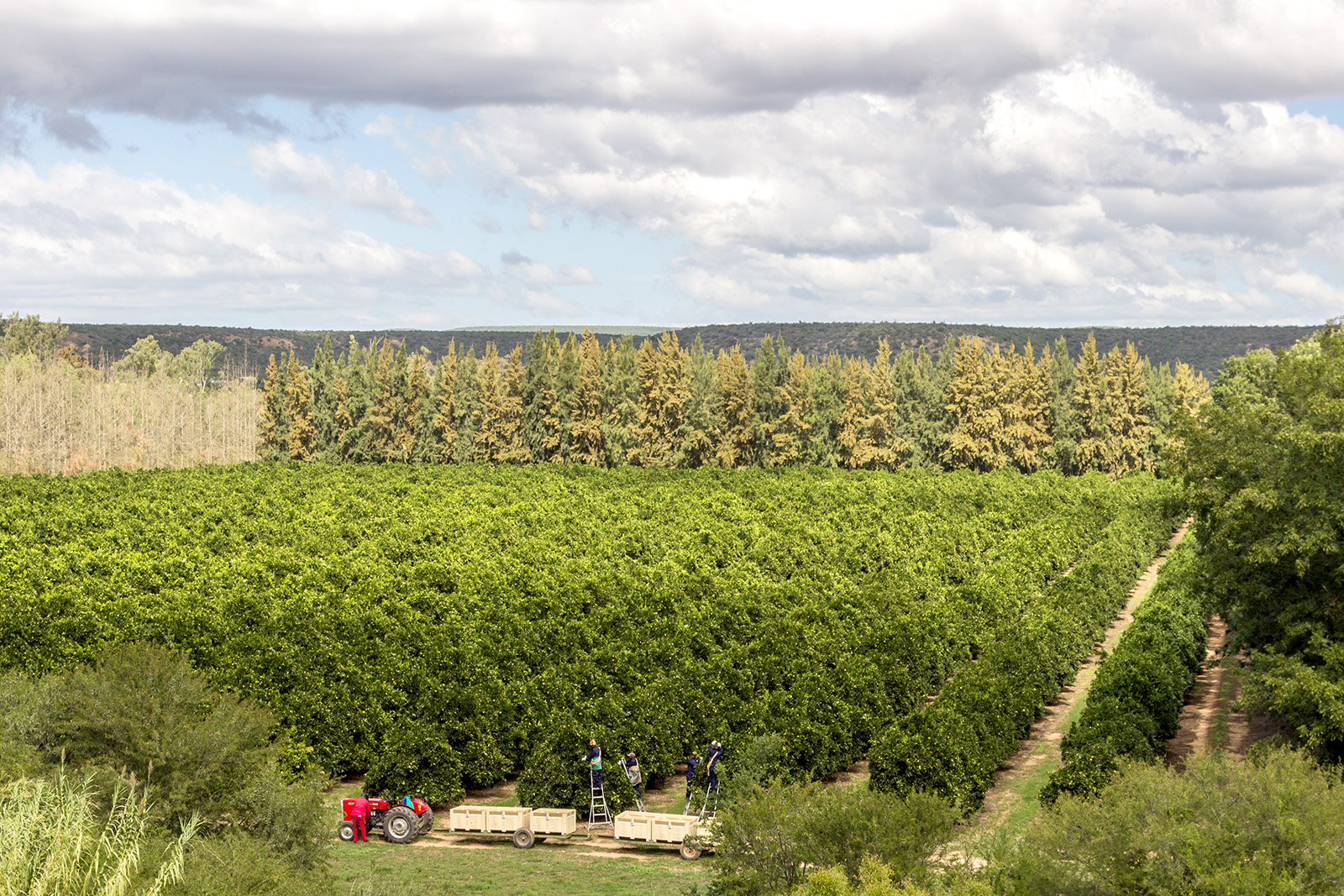
Standards and certifications
 | Developed by the British Retail Consortium, the BRC Global Standard for Food Safety certifies the complete accomplishment of the high food safety standards required by retailers. Born as a certification for UK retailers, today BRC Food is adopted by organizations throughout the world. | BRCGS | |
 | The Sustainability Initiative of South Africa provides a platform for agricultural stakeholders to ensure ethical and environmentally sustainable trade. This platform monitors care for the environment and compliance with labour legislation. | SIZA | |
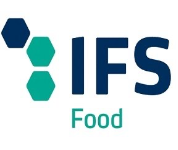 | The International Food Standard (IFS) are conceived to facilitate the effective selection for GDO branded food suppliers based on their ability to provide safe products and comply with contractual and legal requirements. The IFS is one of the standards for food safety recognized by the Global Food Safety Initiative, an international initiative whose main purpose is to strengthen and promote food safety throughout the supply chain. | IFS Food | |
 | SMETA (Sedex Members Ethical Trade Audit) is the most widely used social auditing methodology in the world, enabling businesses to assess their sites and suppliers to understand working conditions in their supply chain. Through social audits, SMETA enables businesses to assess their suppliers, monitor health and safety for workers, and signals zero tolerance of human rights abuse, such as child and forced labour. | SMETA | |
 | The GFSI (Global Food Safety Initiative) certification is a globally recognised certification released by a Coalition of Action from the CGF (Consumer Goods Forum) and an extended food safety community to oversee food safety standards for businesses and help provide access to safe food for people everywhere. | GFSI | |
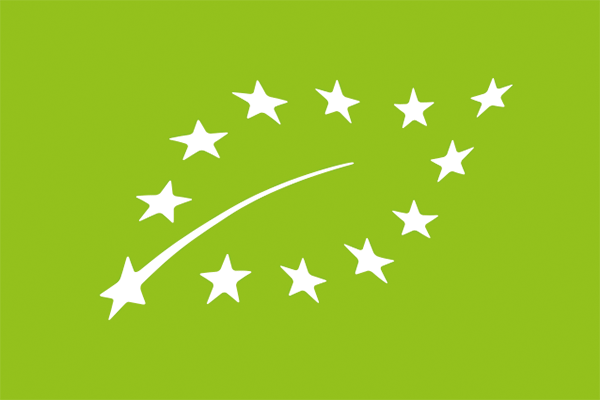 | The BIO certification for organic products guarantees customers and third-party companies that the production and breeding techniques used by the certified company safeguard the natural fertility of a soil, uses organic material and appropriate agricultural techniques, do not intensively exploits the soil and guarantees animal welfare standards. | Bio Certification | |
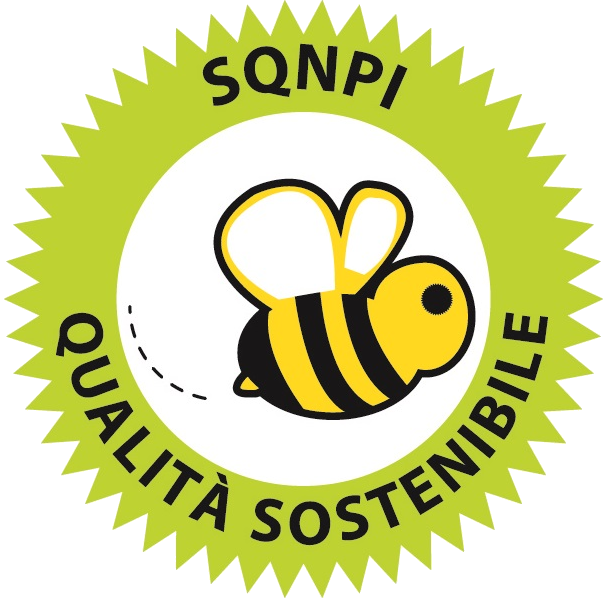 | The National Quality System of Integrated Production (SQNPI) is aimed at the enhancement of agricultural and agri-food productions and in particular provides for the certification of the integrated production process that combines good agronomic practices with a sustainable use of fertilizers and phytosanitary products in order to guarantee the economy of agricultural practices and at the same time a low environmental impact. | Integrated Production Certification | |
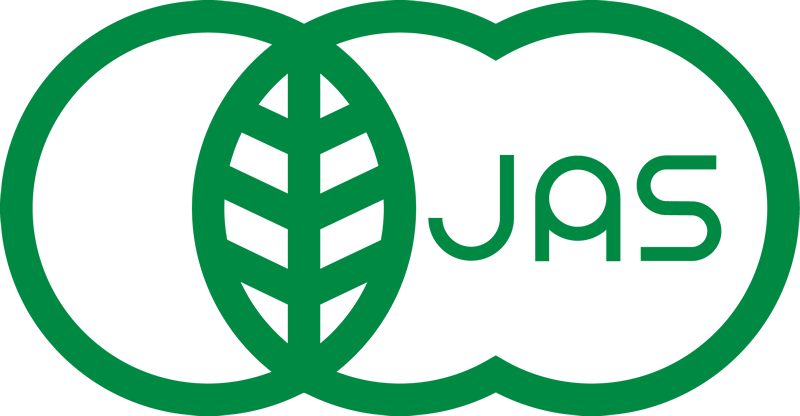 | The Japanese Agricultural Organic Standard (JAS) is Japan's official national organic certification for products grown using organic agricultural standards. It is managed by the Japanese Ministry of Agriculture, Forestry and Fisheries (MAFF) and is a globally accepted seal. JAS has equivalency with the EU Organic standards and the NOP's USDA Organic label. | JAS | |
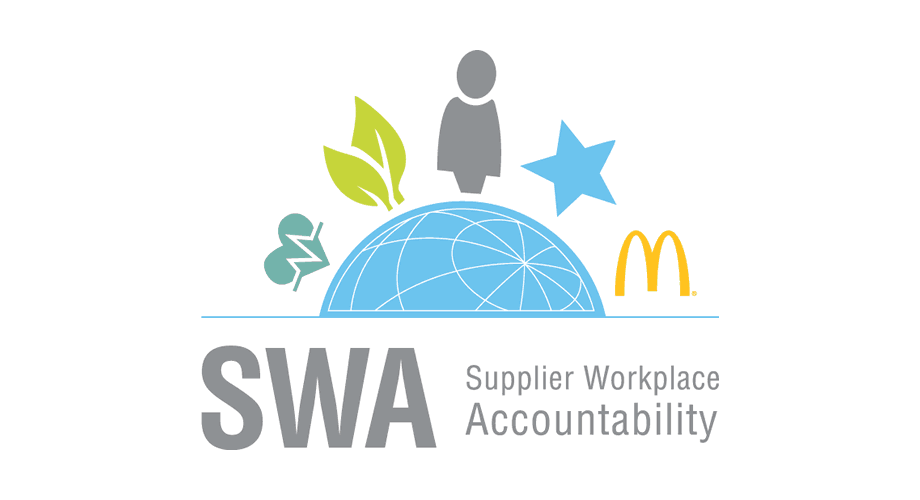 | Built on a model of continuous improvement and education, The MacDonald's Supplier Workplace Accountability (SWA) ensurs that all the companies being part of McDonald's Global Supply Chain adhere and respect the standards of the the company with respect to Human Rights and moves toward a continuous improvement in this field. Within the Italian division, Oranfrizer is compliant to trhe SWA program. | McDonald's - SWA | |
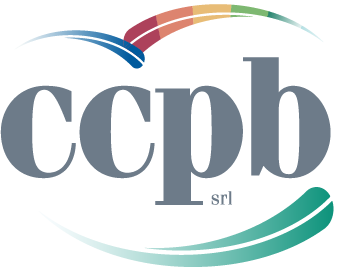 | Oranfrizer, Italian Division, is certifed Biological producer by CCPB. On of the main certification and control body for agri-food and "no food" products obtained in the organic, eco-compatible and eco-sustainable production sector. | CCPB | |
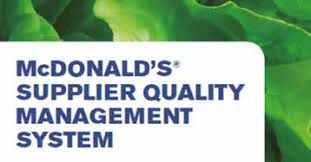 | The “Supplier Qualification Management System” (SQMS) is an internal McDonald's Standard for ensuring food safety and quality, applicable to companies who supply food products into the McDonald’s food chain. Adherence and compliance to the SQMS is a prerequisite for any company willing to supply McDonald's and ensured the complete traceability of all products within hours to the very origins of their ingredients. | McDonald’s SQMS | |
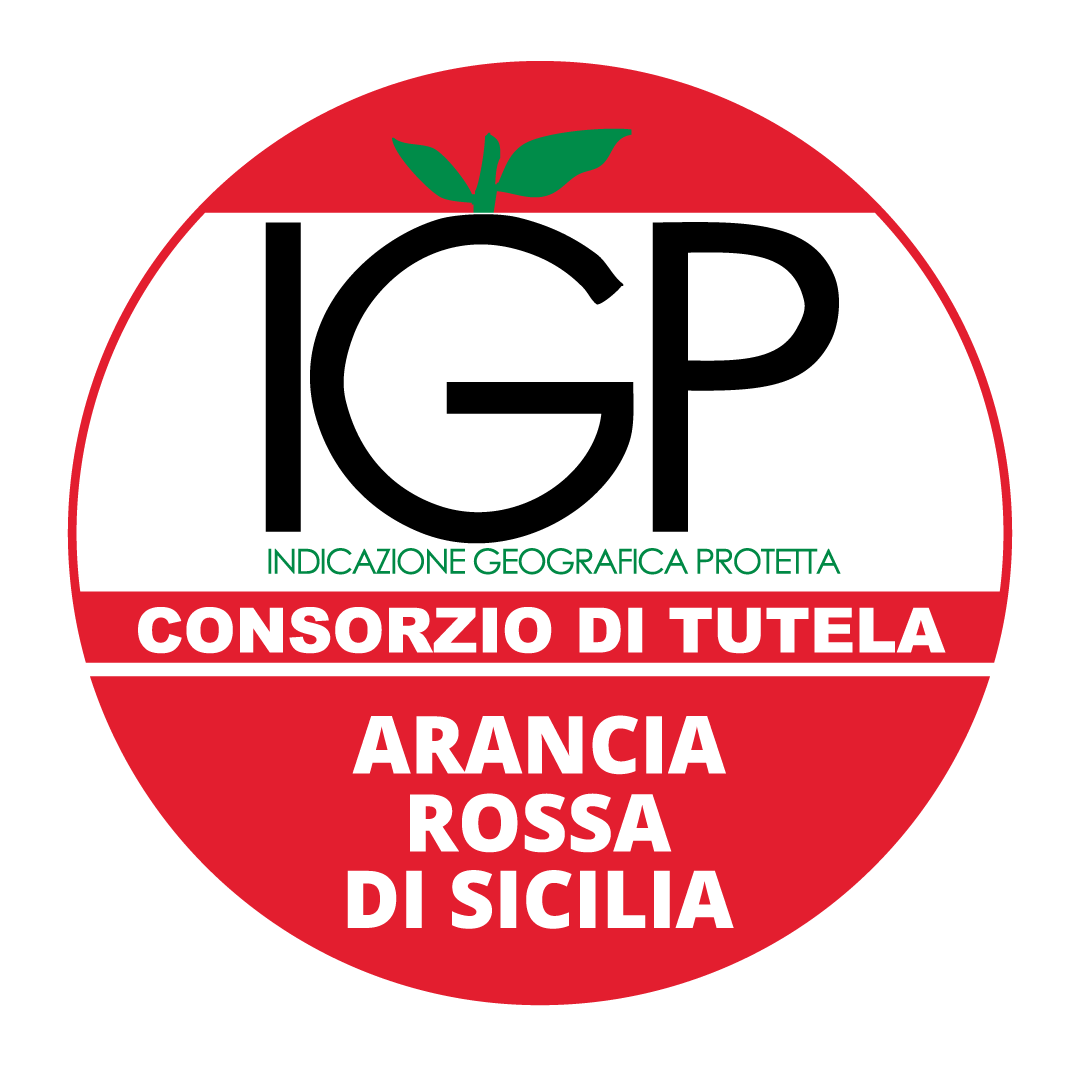 | The Protected Geographical Indication (PGI) "Red Orange of Sicily" is reserved for fruits produced in specific provinces located in the central-eastern region of Sicily, which meet the conditions and requirements of the Regulation. Three orange cultivars are allowed by this certification: "Moro", "Tarocco" and "Sanguinello". The commitment to enhance and protect the three varieties is carried out by the Consortium for the Protection of the Red Orange of Sicily PGI. | Red Orange of Sicily |